Human Flourishing
The Human Flourishing research group, rooted in the humanities, draws on philosophy, literature, and history to investigate what it means for individuals and societies to thrive in an era defined by scientific and technological innovation. The group explores how cultural narratives, political ideologies, philosophical traditions, and historical contexts shape diverse understandings of well-being, the pursuit of meaningful lives, and our ability to thrive within larger communities. A key focus is whether existing and historical theories of human flourishing are adequate for addressing the challenges of our time, or if new critical frameworks are required to grapple with the ethical and existential implications of emerging ‘post-human’ technologies, such as AI, augmented and virtual reality, cyborg enhancements, brain-computer interfaces, and bioprinting. By examining these pressing questions, the group seeks to inform public discourse, policy, and educational practices, reaffirming the crucial role of the humanities in fostering a more critical and holistic understanding of human thriving in the modern world.
About HASS Research
The Humanities, Arts, and Social Sciences (HASS) at SUTD offers an integrated and interdisciplinary approach to tackling complex global challenges. By deepening our understanding of human behaviour, societies, and cultures, our goal is to promote responsible innovation. Through a synergy of expert knowledge from diverse fields—such as psychology, sociology, economics, history, literature, and the arts—HASS contributes to the creation of solutions that are human-centred and impactful.
We have established four key synergistic focus areas that integrate our expertise across fields:
- Population Health and Wellbeing,
- AI, Ethics and Management
- Green Economy and Sustainability
- Human Flourishing.
These focus areas align closely with SUTD’s four key growth sectors—healthcare, urban science, AI and data science, and aviation and connectivity—creating a cohesive framework that integrates humanities and social sciences into the university’s broader goals. By identifying synergies and commonalities, HASS aims to advance a holistic understanding of global challenges, building capacity and fostering innovation across these critical areas.
